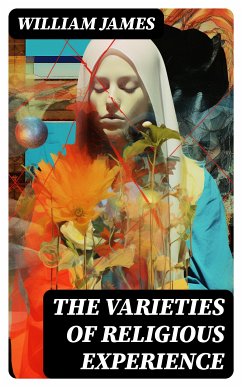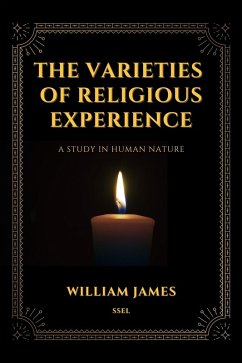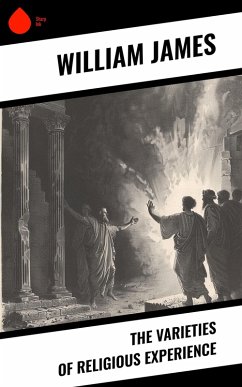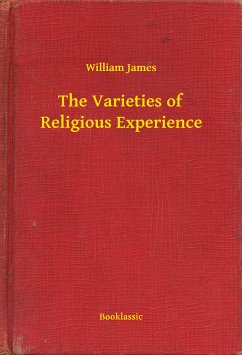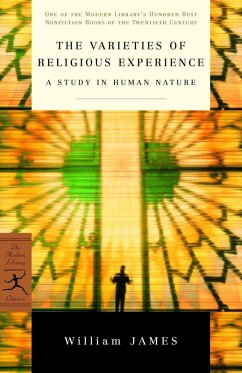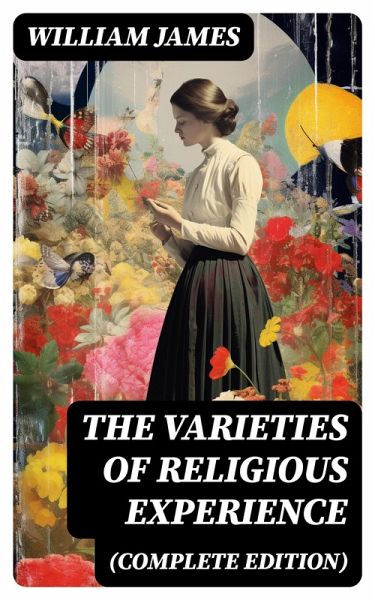
The Varieties of Religious Experience (Complete Edition) (eBook, ePUB)

PAYBACK Punkte
0 °P sammeln!
In "The Varieties of Religious Experience," William James embarks on a profound exploration of the many dimensions of religious belief and experience. Written in a conversational yet scholarly style, this seminal work integrates empirical observation with philosophical inquiry, drawing from a diverse array of religious traditions. James's approach is deeply personal, as he examines the psychological underpinnings of the religious experience through case studies, rejoicing in the variety of human perceptions of the divine. His nuanced perspective is situated within the broader context of early ...
In "The Varieties of Religious Experience," William James embarks on a profound exploration of the many dimensions of religious belief and experience. Written in a conversational yet scholarly style, this seminal work integrates empirical observation with philosophical inquiry, drawing from a diverse array of religious traditions. James's approach is deeply personal, as he examines the psychological underpinnings of the religious experience through case studies, rejoicing in the variety of human perceptions of the divine. His nuanced perspective is situated within the broader context of early 20th-century psychology and philosophy, making this work a cornerstone of pragmatism and existential inquiry. William James, a preeminent American philosopher and psychologist, delves into the complexities of religion likely shaped by his own eclectic background in both science and philosophy. His intellectual lineage-including his connections to transcendentalism and his interest in mysticism-creates a fertile ground for engaging with religion as an essential aspect of human life. Living in a time of rapid scientific advancement, James sought to reconcile empirical evidence with spiritual inquiry, making him an innovative thinker in the dialogue between science and religion. I highly recommend "The Varieties of Religious Experience" to anyone intrigued by the intersection of psychology and spirituality. James's insights offer readers a rich tapestry of thought that encourages deep reflection on their own beliefs and experiences. This comprehensive edition not only enhances understanding of religious phenomena but also invites readers into a dialogue that transcends cultural boundaries, making it a timeless and essential read.
Dieser Download kann aus rechtlichen Gründen nur mit Rechnungsadresse in A, B, BG, CY, CZ, D, DK, EW, E, FIN, F, GR, H, IRL, I, LT, L, LR, M, NL, PL, P, R, S, SLO, SK ausgeliefert werden.





